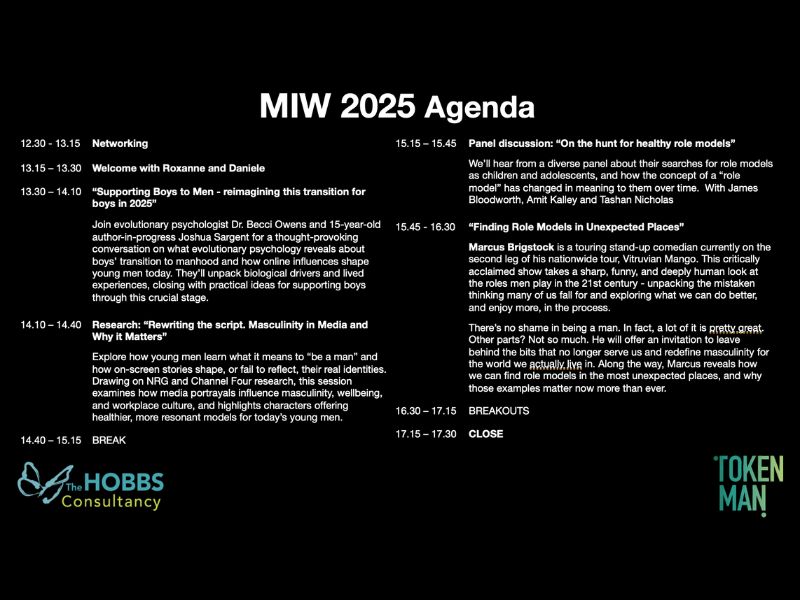 Working ourselves sick: employers need to do more to battle presenteeism, expert says
Working ourselves sick: employers need to do more to battle presenteeism, expert says
As the seasons change, many Brits will be experiencing colds, coughs and flus over the next few weeks.
Working while sick, otherwise known as presenteeism, costs employers around £24bn annually, according to Deloitte, due to reduced productivity, prolonged illnesses and leaving employees to work through a reduced capacity.
Brenig Moore, public health expert at workplace training provider, Astutis, issues an urgent warning to employers and businesses as we enter a season of increased illnesses among employees.
Too many employees still feel pressured to push through illnesses, whether that’s a generic winter cold or something more serious. The problem is that presenteeism isn’t just harming the individual; employers are also paying far more than if the employee were to take a few days off to rest and recover. Changing the culture around sick leave is still one of the simplest tasks an employer can do, yet one of the most effective.
Brenig adds five actions that all employers and businesses must take now as flu season creeps upon us.
Review sick leave policies
You need to ensure that any absence policies are supportive and flexible, and make it clear that short-term sickness is preferable to long-term reduced performance. It’s worth redistributing the policy to staff members so that they know where to find it, what it says and what your company’s stance is on sickness.
It’s also important to remind people who work from home that just because they’re at home, not infecting the rest of the office, doesn’t mean that they aren’t entitled to a few days’ rest to ensure that they come back fighting fit. A lot of people see ‘working from home’ and ‘working from bed’ as their time to rest, when they really need to shut off.
Lead by example
Managers and senior staff should model healthy workplace behaviour by taking time off when they’re unwell. This will give employees, particularly those with less seniority than them, confidence that they will be able to do the same when they’re unwell without the fear of judgment.
Encourage open conversations about mental health
Training line managers to recognise early signs of stress, anxiety, and burnout can help stop any issues before they escalate further. There are many mental health training resources available online, and it’s worth sharing a few of these with employees, and reminding them that leaders are there to help with workload and stress.
Small cultural shifts
Remind employees that they need good rest and vital screen breaks while they’re working. You can, and should, implement small cultural shifts such as encouraging lunch breaks away from desks, digital switch-off after hours, and not feeling obliged to respond to emails once they’ve closed their laptop for the day. All of these can make huge differences to someone’s work life.
Invest in workplace wellbeing programmes
From mental health first aid training to employee assistance programmes, proactive support reduces stigma and shows their staff that wellbeing matters. If your HR professional has had mental health training, then they could give this to other employees, too. It doesn’t all have to be external and paid-for, but sharing knowledge in a group situation.
For more information on mental health in the workplace, Astutis has analysed the Burnout Report 2025, along with comments from Steve Terry: https://www.astutis.com/astutis-hub/blog/mental-health-uk-burnout-report-2025
Sources:










